I’m a storyteller and a poet. Storytellers need someone to listen; poets need only whisper to themselves.
I wrote that over five years ago, when I was first setting up this blog. I continue to have this duality as a writer. I won’t call it a conflict, because there is no war of words in me, only an integration of their use lyrically and narratively.
Always be a poet, even in prose. ~ Charles Baudelaire
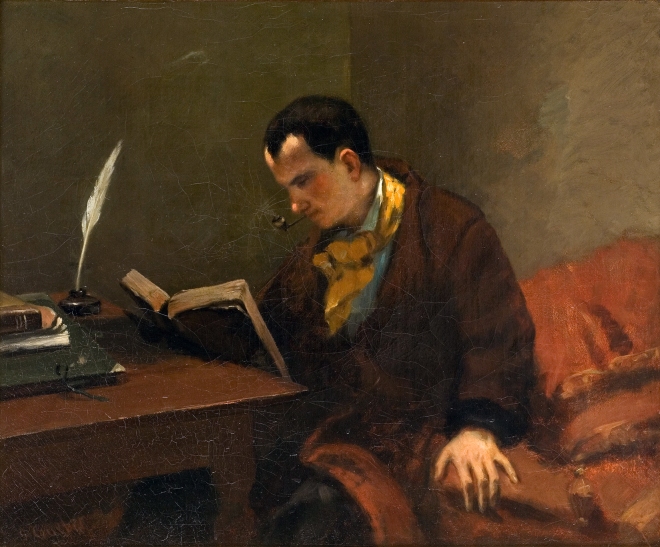
Charles Baudelaire by Claude Courbet, 1849
I have to confess that, whether reading or writing it, I become more engaged with prose that has the sensitivity, sound and cadence of poetry. No matter its subject or objective, be it fiction or non-fiction, light or dark, joyous or tragic, as it unfolds a character or events, describes a room or landscape or sunset, is active or contemplative or emotional, I need a sense of the exploration of language’s possibilities in what I read and write.
Verse is everywhere in language where there is rhythm, everywhere …in truth there is no prose: there is the alphabet, and then verses more or less tight, more or less diffuse.
~ Stéphane Mallarme, real name Étienne Mallarmé,
French symbolist poet
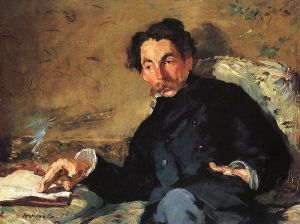
Stéphane Mallarme by Édouard Manet, 1876
As opposites attract, poetry and prose enjoy a special intimacy. Their union challenges the intellect, seduces the senses and imagination, and speaks between the lines. It appeals to the wanderer who is also a lingerer. It requires readers who prefer an unhurried, indirect route to those who just want to get from “A” to “B” in the fast lane.
In North Carolina driving from Asheville to Boone presents a choice. A driver can stick to the interstates or opt to take the Blue Ridge Parkway. The latter decision takes an extra hour or so, but along the way there are opportunities to stop at overlooks and enjoy scenes that are among the most magnificent in America. DM Denton’s writing presents a similar choice. It takes a little longer to read than most books of a similar page length, but along the way there are breathtaking moments which make the choice a wise one.
~ author Steve Lindahl from his review of my novel To A Strange Somewhere Fled

Reading without reflecting is like eating without digesting.
~Edmund Burke
I can’t help myself. I have an insatiable appetite for the deliciousness of words: the order in which they’re added, how they’re blended to subtly flavor one another, their capacity to create a succession of complementary courses.
When you write in prose, you cook the rice. When you write poetry, you turn rice into rice wine. Cooked rice doesn’t change its shape, but rice wine changes both in quality and shape. Cooked rice makes one full so one can live out one’s life span . . . wine, on the other hand, makes one drunk, makes the sad happy, and the happy sad. Its effect is sublimely beyond explanation.
~ Wu Qiao, Chinese Master
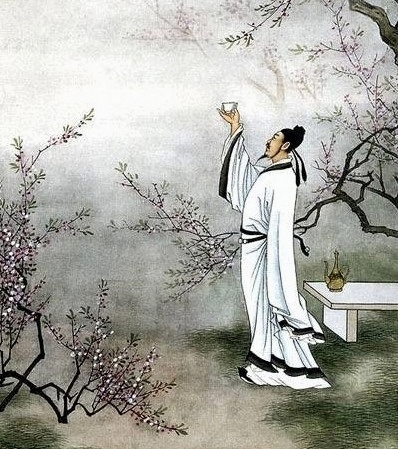
Cooked rice and rice wine may be enjoyed at the same time. Why not opt for a full and sublimely nourishing literary feast and satisfy the need for knowing and wondering?
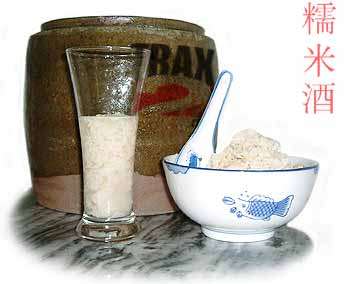
Creativity is a wild mind and a disciplined eye. ~ Dorothy Parker
I love to write prose for the layered, rhythmic, aesthetic aspects of language, just as I do when writing verse, but neither comes easy for me. I’m an artist straddling detail and abstraction, who moves from lines and colors to the written word with the same concentration on each stroke in order to achieve whatever vision I have for the whole canvas. Poetry can illustrate prose, draw its breath more vividly, and give its words individual lives in the crowds of thousands.
Creative writing is an art beyond the ability to communicate correctly and clearly; it’s about resisting what is safe, even defying what is safe, going out on a limb, even, for the bravest or craziest, out further than that limb has ever been tested.
Just as the virtuoso musician knows that perfect technique is no substitute for imperfect expression …
The author’s style takes the conventional and then begins the deconstruction, the rearrangements … This deconstruction and rearranging is what an artist does. Rather than imitate reality, he selects what is important to him, and abstracts what is essential to achieve a new reality. People, relationships, emotions and ideas are put through this process of reordering. The artist abstracts what is vital and compelling, and releases it as a living thing. From the moment of inspiration until the intuitive flow has ceased, expression is more important than communication.
~ author Mary Clark from her review of my novel A House Near Luccoli
Wisely mingled poetry and prose, to quote Louisa May Alcott, takes years to achieve, which is probably why, although writing since my childhood, I was in my fifties before my work was “ready” to be published.
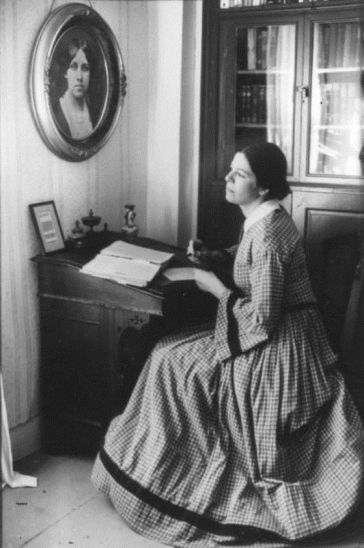
Louisa May Alcott
Of course, some aspects of poetry, like rhyme, can seem out of place in prose. Alliteration has to be used sparingly; sometimes it organically creeps in and is allowed to stay, other times it’s too consciously clever and must be sent regretfully but appropriately away. Repetition can have a place here and there for necessary emphasis. Metaphor and simile can be either form’s friend or foe. Of course, grammar is more autocratic in prose; the rules are there, but …
I can’t allow what we learned in English composition to disrupt the sound and rhythm of the narrative. ~ Elmore Leonard, American novelist, short story writer, and screenwriter

It could be argued that poetic prose is overly descriptive (or flowery, as detractors like to address it), producing writing that is verbose and lengthy. From what I’ve seen, the opposite is true. Straight narratives often result in many more pages than those focusing on the shape, sound, and implication of almost every word. Poetry tends to be concise, needs organization and carefulness in crafting, and, therefore, doesn’t lend itself to four hundred page novels. Well, not to be achieved in a year or two, anyway.
“I suppose that’s how it looks in prose. But it’s very different if you look at it through poetry … and I think it’s nicer,” Anne recovered herself and her eyes shone and her cheeks flushed, “to look at it through poetry.”
~ Lucy Maud Montgomery, Anne of Green Gables
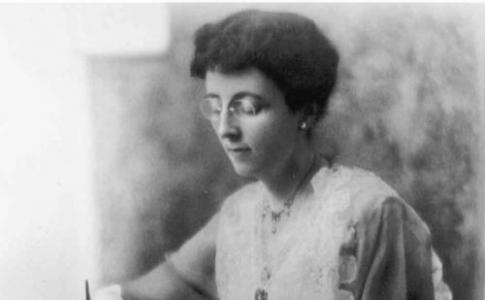
Lucy Maud Montgomery
My writing drips rather than gushes onto the page. Where other writers set and achieve goals of getting down a few thousand words at a sitting, I’m grateful to my muse – and my stamina – if I accomplish five hundred or so. Sometimes it’s frustrating, mostly it’s about having patience and persevering, finally it’s an accomplishment that has listened to the (begging) storyteller and (whispering) poet in me.
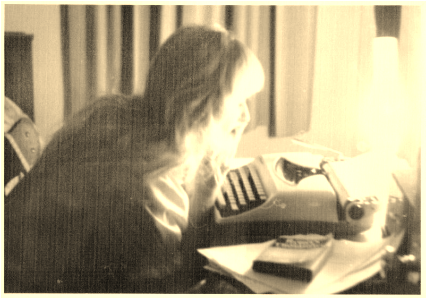
![]() ©Artwork and writing, unless otherwise indicated, are the property of Diane M Denton. Please request permission to reproduce or post elsewhere with a link back to bardessdmdenton. Thank you.
©Artwork and writing, unless otherwise indicated, are the property of Diane M Denton. Please request permission to reproduce or post elsewhere with a link back to bardessdmdenton. Thank you.
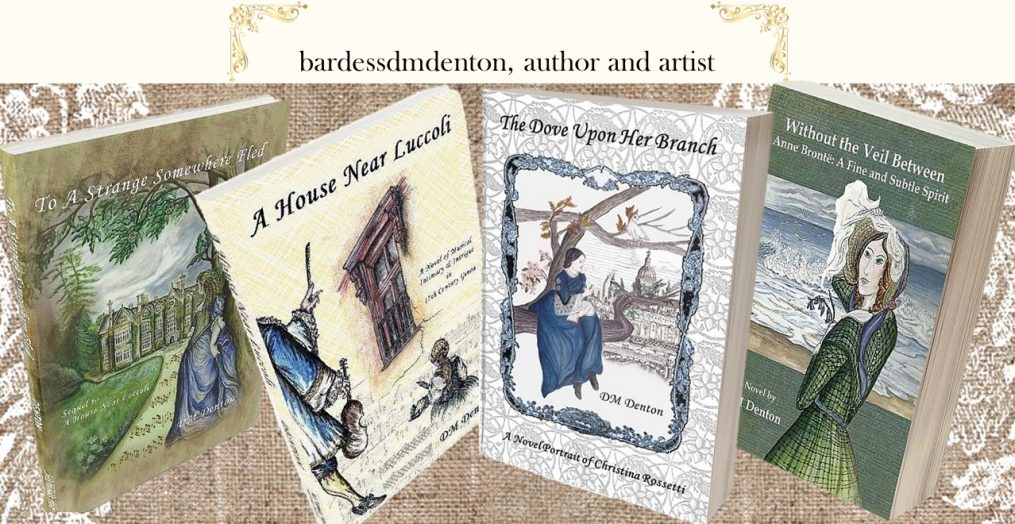
so beautifully written. You inspire me with your inner thoughts and expression of feelings. Well done
LikeLiked by 1 person
Thank you so much, Beatrice! I love to reach out and so glad you enjoyed it.
LikeLike
A wise and lovely post.
LikeLiked by 1 person
Thank you so much!
LikeLike
great stuff!
LikeLiked by 1 person
Thank you so much!
LikeLiked by 1 person
Just returned and loved reading this again!
LikeLike
This is a beautiful blog. Thanks for sharing! L.
LikeLiked by 1 person
Thanks so much, Laura!
LikeLike
Lovely post!
LikeLiked by 1 person
Thanks so much, Anna!
LikeLike
I loved this so much. Beautifully written and what an insight. Excellent. Best wishes. 🙂
LikeLiked by 1 person
Thank you so much, Suzy! Glad you enjoyed. All the best.
LikeLike
My dearest, this is absolutely my favorite of your posts yet (and that’s going some)! I can’t imagine saying this better, and it’s a perfect echo of your thesis to intersperse the words and wisdom of these other writers who share the view that clarity comes not from naked bluntness in language but the precision and color that arise out of careful thought and artful + serendipitous expression of it. Beautifully done!
Much love,
Kath
LikeLiked by 1 person
Hello, Kathryn! Thanks so much for stopping by and your lovely comment! I’m so happy you enjoyed this post and offered your own “thoughtful and artful” words about writing. I have been reading them over and over, so lovely they be! The poetry in all your creative endeavors is always so evident. Hope all is well with you. Love, Diane XO
LikeLike
Really enjoyed reading this, Diane. x
LikeLiked by 1 person
So glad you did, Deborah! Sending lots of love and hugs. XO
LikeLike
Lovely posting Diane. Sending love from Whitby 🙂 ❤
LikeLiked by 1 person
Thank you, Ina! So glad you have taken a trip to a special place I know you love. I have fond memories myself of the North Yorkshire coast. Sending love and hugs. XO ❤
LikeLike
A beautifully layered banquet of cooked rice and rice wine.
LikeLiked by 1 person
Thank you, Mary, for your beautiful poetic-prose comment! Have a wonderful week.
LikeLike
A beautiful pose with great food for thought. And great images, too!
LikeLiked by 1 person
Thanks so much, Christoph! So glad you enjoyed it. All the best.
LikeLiked by 1 person